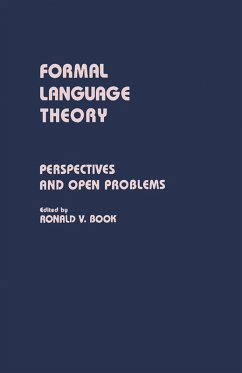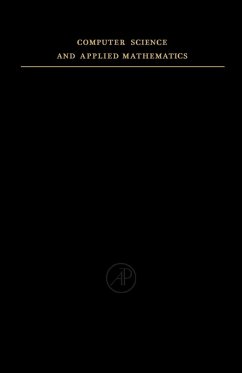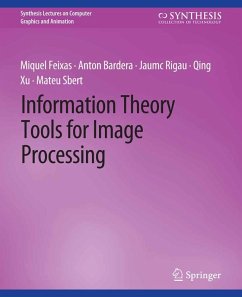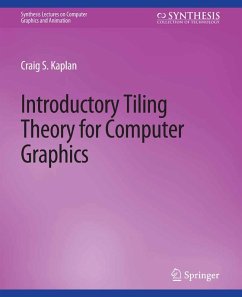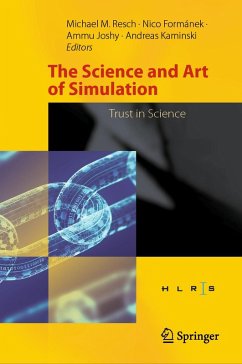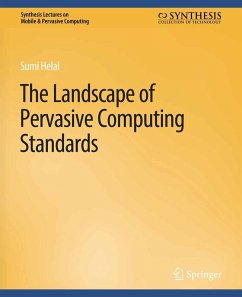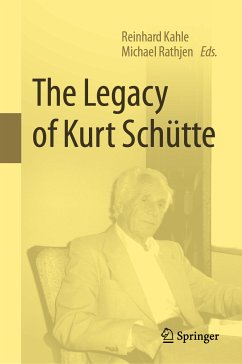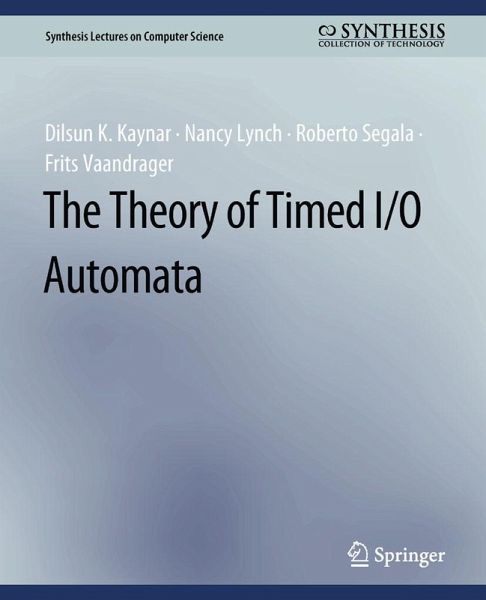
The Theory of Timed I/O Automata (eBook, PDF)
Sofort per Download lieferbar
25,95 €
inkl. MwSt.

PAYBACK Punkte
13 °P sammeln!
This monograph presents the timed input/output automaton (TIOA) modeling framework, a basic mathematical framework to support description and analysis of timed (computing) systems. Timed systems are systems in which desirable correctness or performance properties of the system depend on the timing of events, not just on the order of their occurrence. Timed systems are employed in a wide range of domains including communications, embedded systems, real-time operating systems, and automated control. Many applications involving timed systems have strong safety, reliability, and predictability req...
This monograph presents the timed input/output automaton (TIOA) modeling framework, a basic mathematical framework to support description and analysis of timed (computing) systems. Timed systems are systems in which desirable correctness or performance properties of the system depend on the timing of events, not just on the order of their occurrence. Timed systems are employed in a wide range of domains including communications, embedded systems, real-time operating systems, and automated control. Many applications involving timed systems have strong safety, reliability, and predictability requirements, which makes it important to have methods for systematic design of systems and rigorous analysis of timing-dependent behavior. An important feature of the TIOA framework is its support for decomposing timed system descriptions. In particular, the framework includes a notion of external behavior for a TIOA, which captures its discrete interactions with its environment. The framework alsodefines what it means for one TIOA to implement another, based on an inclusion relationship between their external behavior sets, and defines notions of simulations, which provide sufficient conditions for demonstrating implementation relationships. The framework includes a composition operation for TIOAs, which respects external behavior, and a notion of receptiveness, which implies that a TIOA does not block the passage of time.
Dieser Download kann aus rechtlichen Gründen nur mit Rechnungsadresse in A, B, BG, CY, CZ, D, DK, EW, E, FIN, F, GR, HR, H, IRL, I, LT, L, LR, M, NL, PL, P, R, S, SLO, SK ausgeliefert werden.



